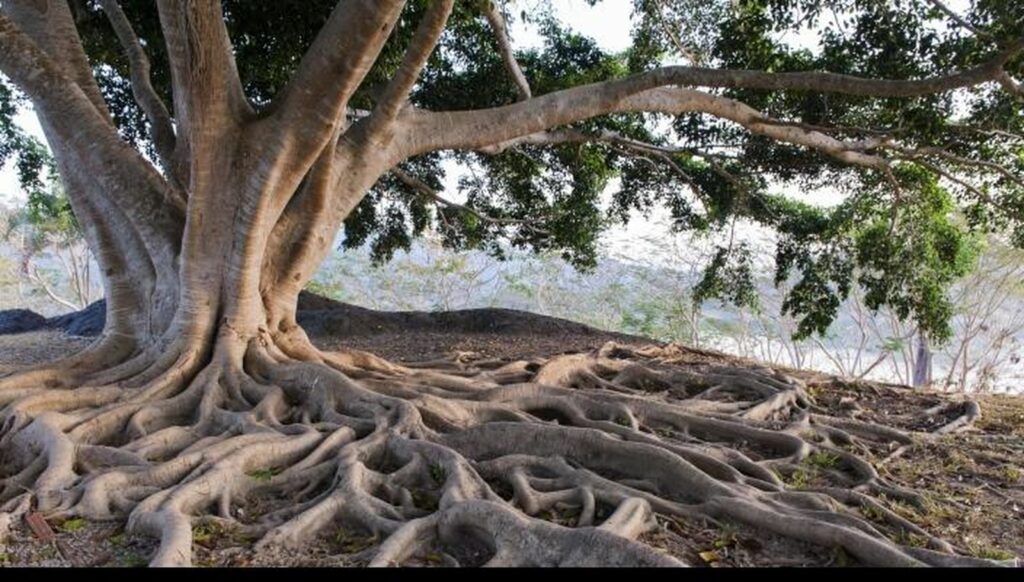In the face of the challenges related to climate change and the reaction of nature to our neglected desecration, nothing is wiser in our time than reflecting again on how wise our tradition is that it has established a time for us to connect with the earth and our dependence vital with a natural cycle

The Mishnah presents us four beginnings of the year:
- 1st of Nissan, with its new moon, is the New Year of the Kings – official calendar of the secular Jewish time.
- 1st of Elul, with its new moon, the New Year of Tithes and Aliquots of contributions to the economy linked to social justice and equity. It is the Jewish fiscal calendar.
- 1st of Tishrei, with its new moon, the Liturgical New Year, Rosh Hashanah, inaugurating the symbolic anniversary of the creation of the world and humanity. It is the Jewish spiritual calendar.
- And Tu Bishvat, the 15th of Shvat, with the full moon, inaugurates the New Year of Nature, which has the tree as a symbol of our rooting and dependence on the natural cycle.
In the face of the challenges related to climate change and the reaction of nature to our neglected desecration, nothing is wiser in our time than reflecting again on how wise our tradition is that it has established a time for us to connect with the earth and our dependence vital with a natural cycle. Thus, the Torah teaches us that man is like the tree of the field. At the same time, it teaches sustainable ecological biblical precepts, such as sabbatical and jubilee years, for man and nature to establish a dialogue of interdependence and respect. Nothing can be more noble than planting a tree, since it may not be us, but our children, who shall enjoy the benefits of their environmental services (shade, oxygen and food). A contemporary view of a Reform ecology associated not only with land harmony, but also with an Ecokashrut, in which we are regulated by the biblical norms of our food, as well as ethically consuming inputs that take into account the social dimension of work. Here Tu Bishvat, not just Chag Lailanot, the Feast of the Trees, becomes an integral and ethical value that regains a holistic dimension of our spiritual vision of Tikkun Olam.
In the symbol of a tree, each of us has roots – a legacy to which we are sustained – and fruits – that we will leave to the next generations. These, take on new challenges of meaning, such as taking care of this collective house. In free will we are free, but now also responsible for the planet we inhabit. And having tasted of the Tree of Knowledge, may we reflect, in this new year of the trees which Tu Bishvat inaugurates, whether we actually have discernment or will be again cast out of paradise by our actions and omissions, a paradise that could once again be the world in which we live.


